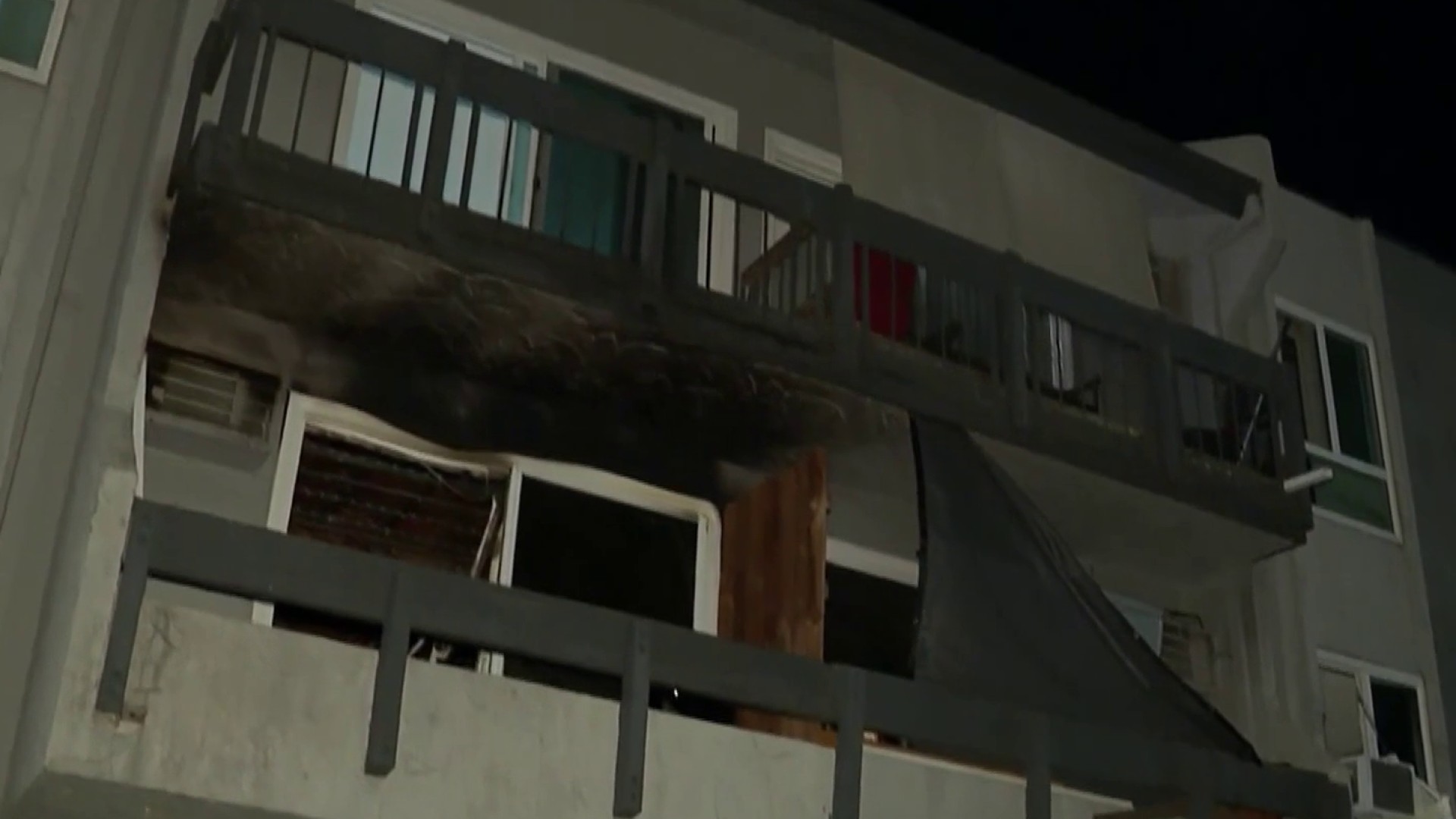What to Know
- A hotel on Skid Row will now be home to people who may have been on the streets.
- The Healthy Housing Foundation has been repurposing hotels since the fall.
- They criticize the city for not keeping step especially after the passage of measure HHH, taxpayer money to help build new housing.
A hotel on the edge of Skid Row will now be home to people who may have been on the streets. The Healthy Housing Foundation has been repurposing hotels since the fall.
They criticize the city for not keeping step especially after the passage of measure HHH, taxpayer money to help build new housing. The hotel is the fourth property bought by the nonprofit group Healthy Housing Foundation, nearly 600 rooms now available.
They ask why the city doesn't do the same.
"This keeps me off the streets," said Tony Gilfort, who lives at the Baltimore Hotel near Skid Row.
The Healthy Housing Foundation bought the 204-room hotel and will renovate the spaces into single-room occupancy units for homeless or people with little to no income, helping more people than the city, they say.
"It's in planning, but not a single unit has actually been brought online," said Michael Weinstein, the president of HHF.
It's been two years since Los Angeles voters authorized over $1 billion to pay for the construction of homeless housing under measure HHH.
"The units in this building are small," Weinstein said. "But they are better than the streets."
It's cheaper to make improvements and repairs at the Baltimore. He said it costs $82,000 for an upgrade, compared to $434,000 to build under measure HHH. LA County is facing a similar steep price tag as seen in a report obtained by the I-Team.
Some $659 million was invested in 2018 for 1,342 estimated units. The cost per unit is upward of $450,000. Supervisor Janice Hahn said in a statement that the spending won't allow to build enough housing and she sees the hotel conversion as a promising model.
News
Top news of the day
In April, the LA City Council passed new ordinances to both speed up construction and temporarily convert motel and hotels into housing for those on the streets.
Anna Bahr, a spokeswoman for LA Mayor Eric Garcetti, says they welcome all ideas to help people find homes but says, "HHH-funded housing is designed to give people the best possible chance of recovery, helping them to find jobs, take care of their health, and heal from their trauma.
"Supportive housing gives homeless Angelenos the best possible chance of staying housed and rebuilding their lives," she said. "We are committed to that model. There are temporary solutions like the Mayors A Bridge Home program happening now.
The motel conversations are on hold because the ordinance is being challenged by a neighborhood group in court, she said.
Gilfort, 59, meanwhile, is looking forward to sprucing up what he has today.
"This means everything," he said about his space. "This is all I have."
The Baltimore already had 76 tenants. They will remain with new ones coming by the fall. They all have to pay rent or have housing vouchers. The city says 16,000 people in the city were connected to permanent housing solutions last year.
City Councilman Jose Huizar released the following statement:
"I welcome the chance to hear a proposal for the Baltimore and from any private foundation or property owner who wants to contribute to the city's efforts to expand housing. That is why I helped pass the motel conversion ordinance to make use of those privately owned existing buildings and why I am calling for the city to lease private properties to create shelter, like we are going to do at 1426 Paloma in Downtown. And while we build long-term housing through Measure HHH, we have to focus on emergency housing, which is why I am supporting two of the City's firsts in my district, at the El Pueblo Parking Lot, and moving forward to turn the old Children's Museum building at the Civic Center into homeless housing with services. We have to be creative and do more to get people into housing today while we build the housing of tomorrow."



